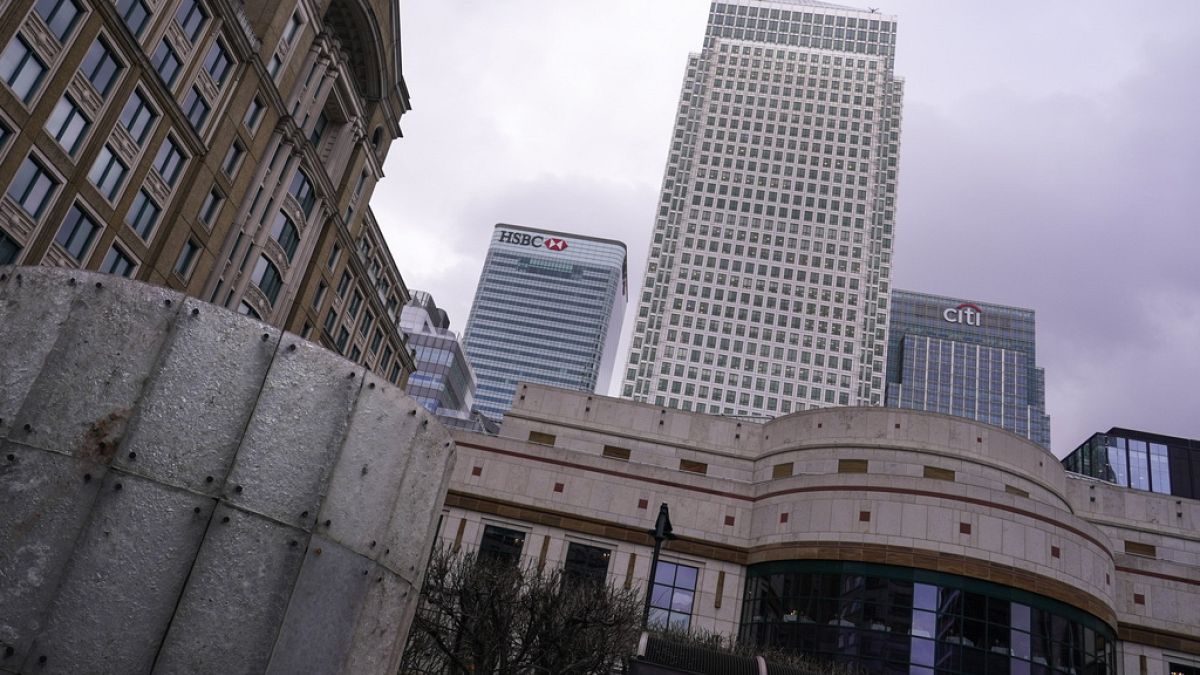The UK's GDP inched up by 0.2% in September 2023, driven by services growth, while consumer-facing sectors sank.
The United Kingdom's monthly real gross domestic product (GDP) is estimated to have experienced a modest uptick of 0.2% in September 2023, according to the latest data released by the Office for National Statistics.
This follows a revised growth of 0.1% in August 2023, which was adjusted down from the initially reported 0.2%.
"The UK economy remains surprisingly resilient, with GDP growth beating expectations and still in positive territory despite pressure from higher interest rates, higher input costs and the cost of living squeeze," said Nicholas Hyett, investment analyst at the Wealth Club.
Daniela Hathorn, senior market analyst at Capital.com, noted that despite the UK economy failing to grow in the third quarter, it avoided falling into recession as the markets were predicting.
"The data suggests that high borrowing costs are slowing economic activity while the cost-of-living crisis continues to weigh on household spending," she added.
The growth in September was largely propelled by the services sector, which saw a 0.2% increase.
Noteworthy contributors to this growth were professional, scientific, and technical activities, along with human health and social work activities. The latest COVID-19 vaccination campaign in September boosted the output, according to the bulletin.
In August 2023, services output had grown by 0.3%, but this figure was revised down from the initial report of 0.4%.
The data is likely to have eased fears that the Bank of England’s tightening has pushed the economy into recession which falls in line with expectations that rate cuts won’t be necessary until Q3 2024," said Hathorn.
On a less positive note, consumer-facing services experienced a decline of 0.2% in September, following a 0.7% fall in August and remain below the pre-COVID-19 levels.
This dip in consumer-facing services might raise concerns about the overall consumer sentiment and spending patterns in the UK.
"A stagnating economy is not a good sign when inflation remains above 6%. It also suggests that the economy is not weak enough to significantly slow down core inflation,” said Hathorn.
The International Monetary Fund (IMF) forecast growth for the region - including the UK and Switzerland, as well as the 27-country European Union - of 1.3% this year and 1.5% next year.
For the eurozone, the outlook is for 0.7% growth for this year and 1.2% next year. If inflation falls faster than expected, it will boost consumer real income and spending and growth might improve.
But an escalation of Russia's war against Ukraine and accompanying increased sanctions and disruptions to trade could mean weaker growth.
For now, the monthlong war between Israel and Hamas in Gaza has led to a temporary rise in oil prices but has not disrupted the European economy, Kammer said.



